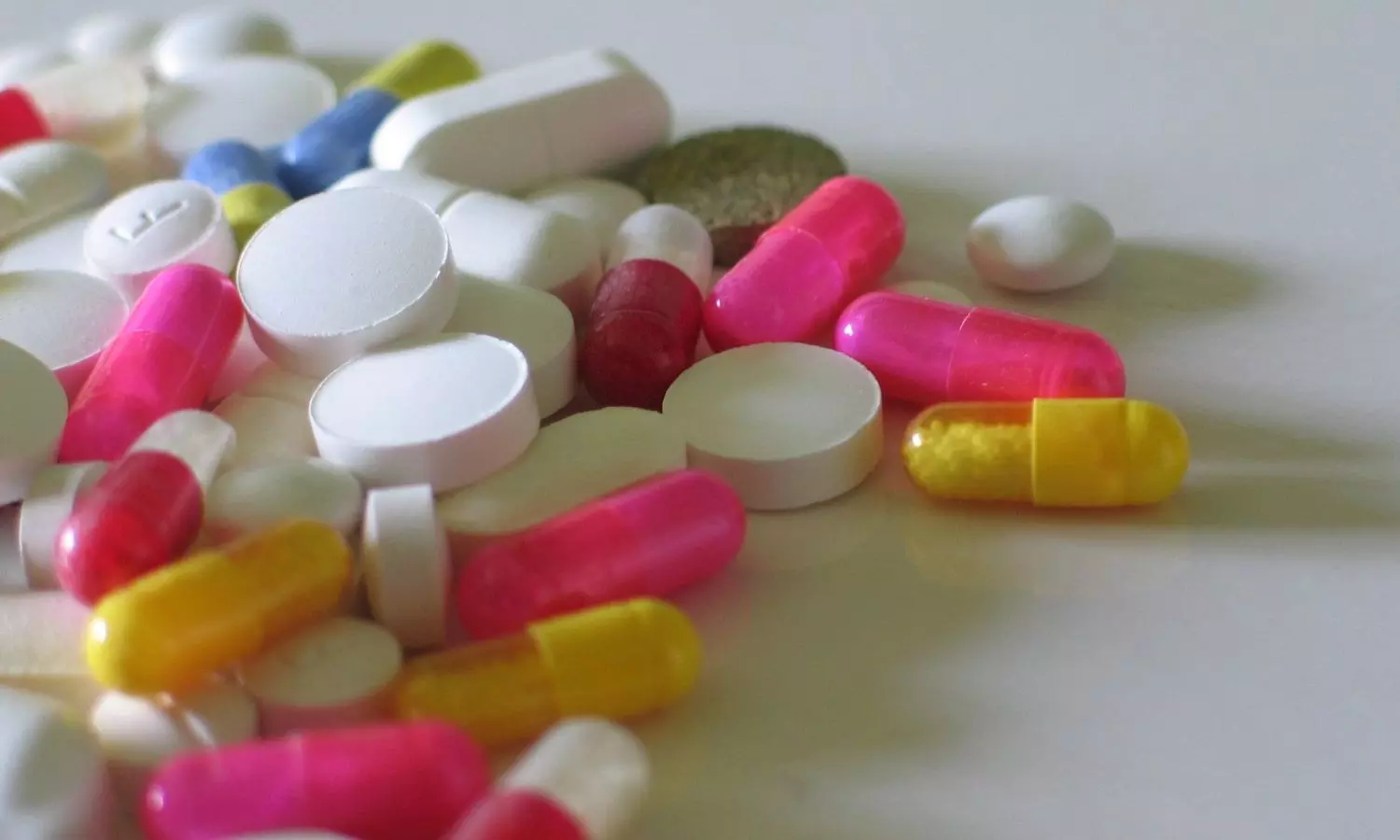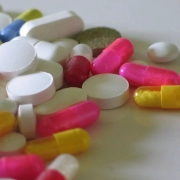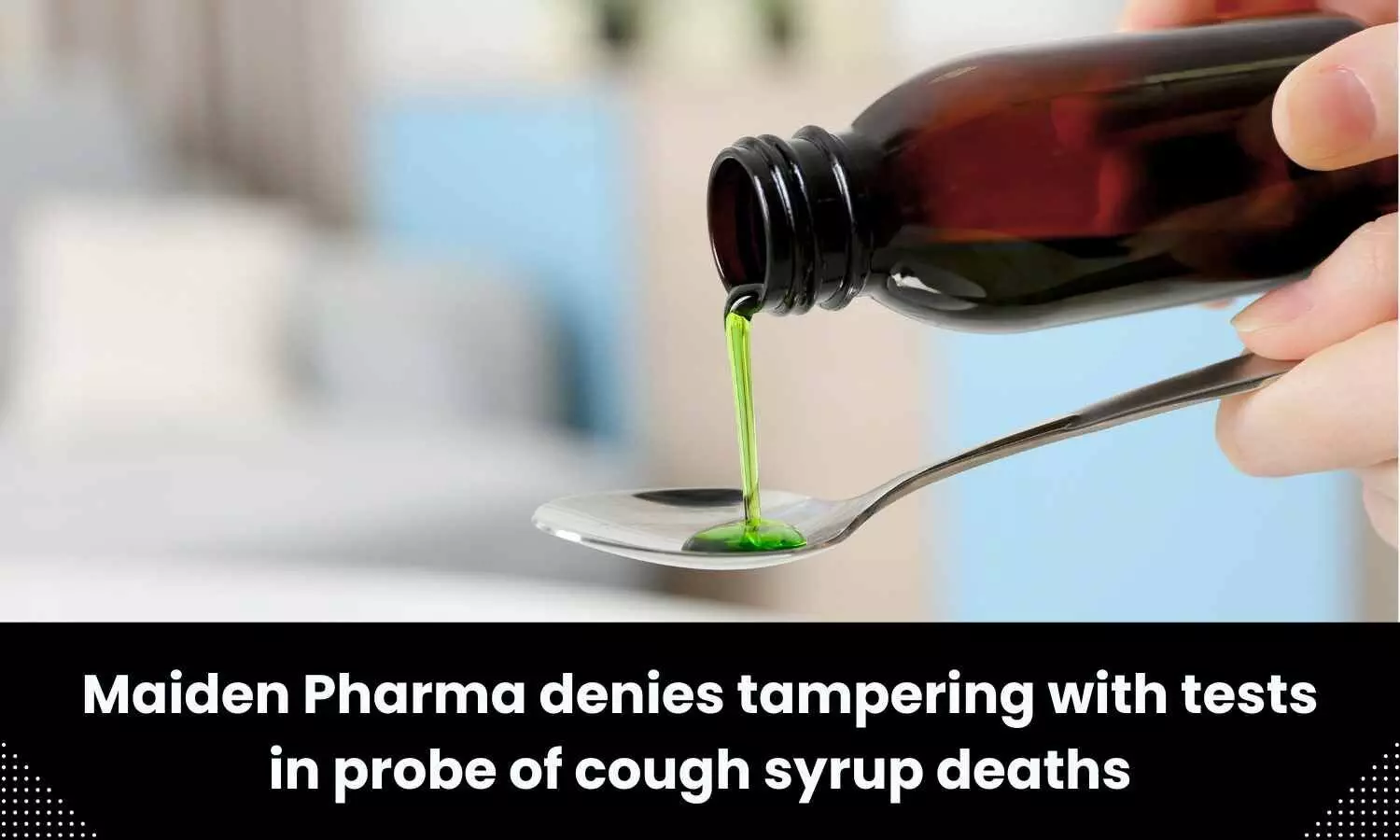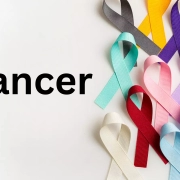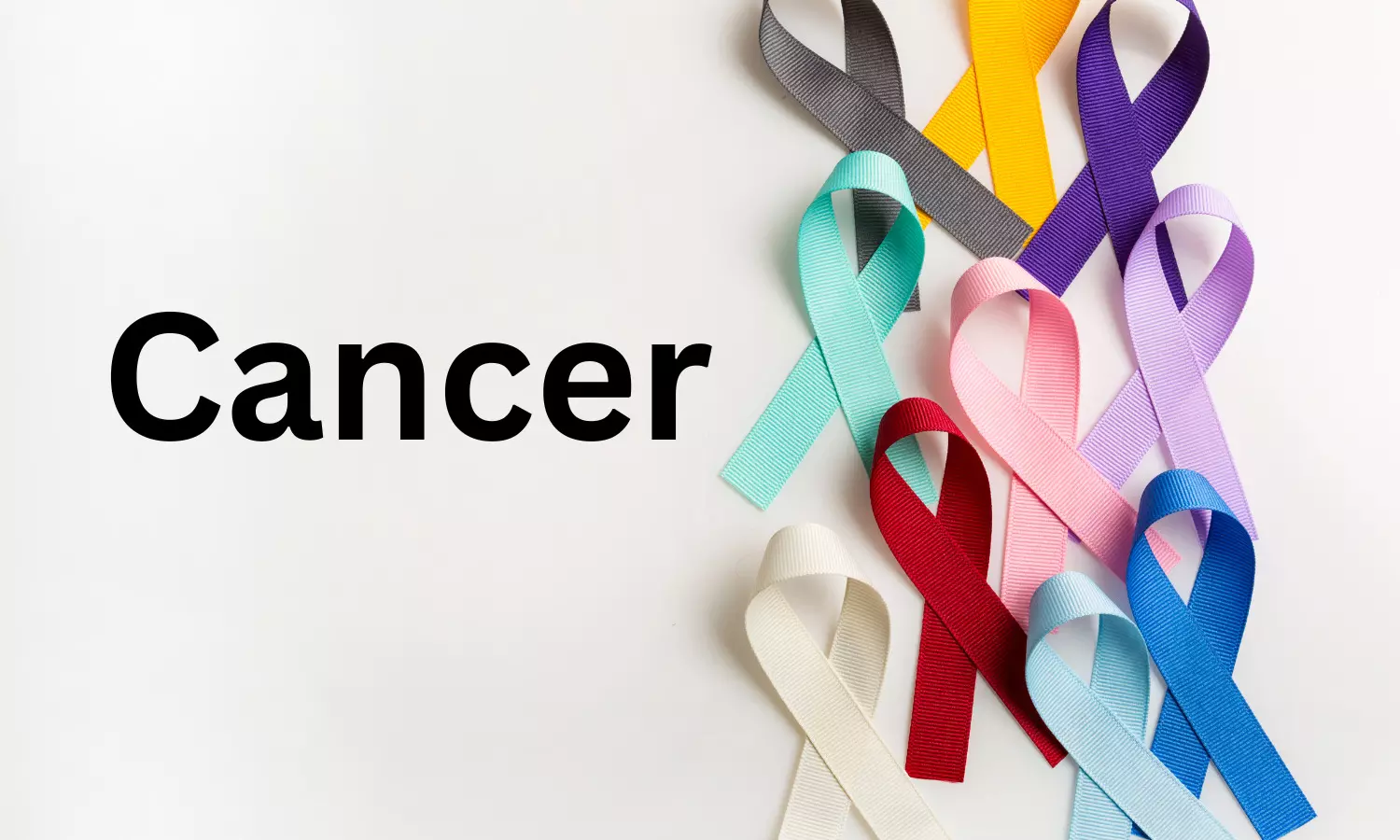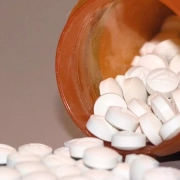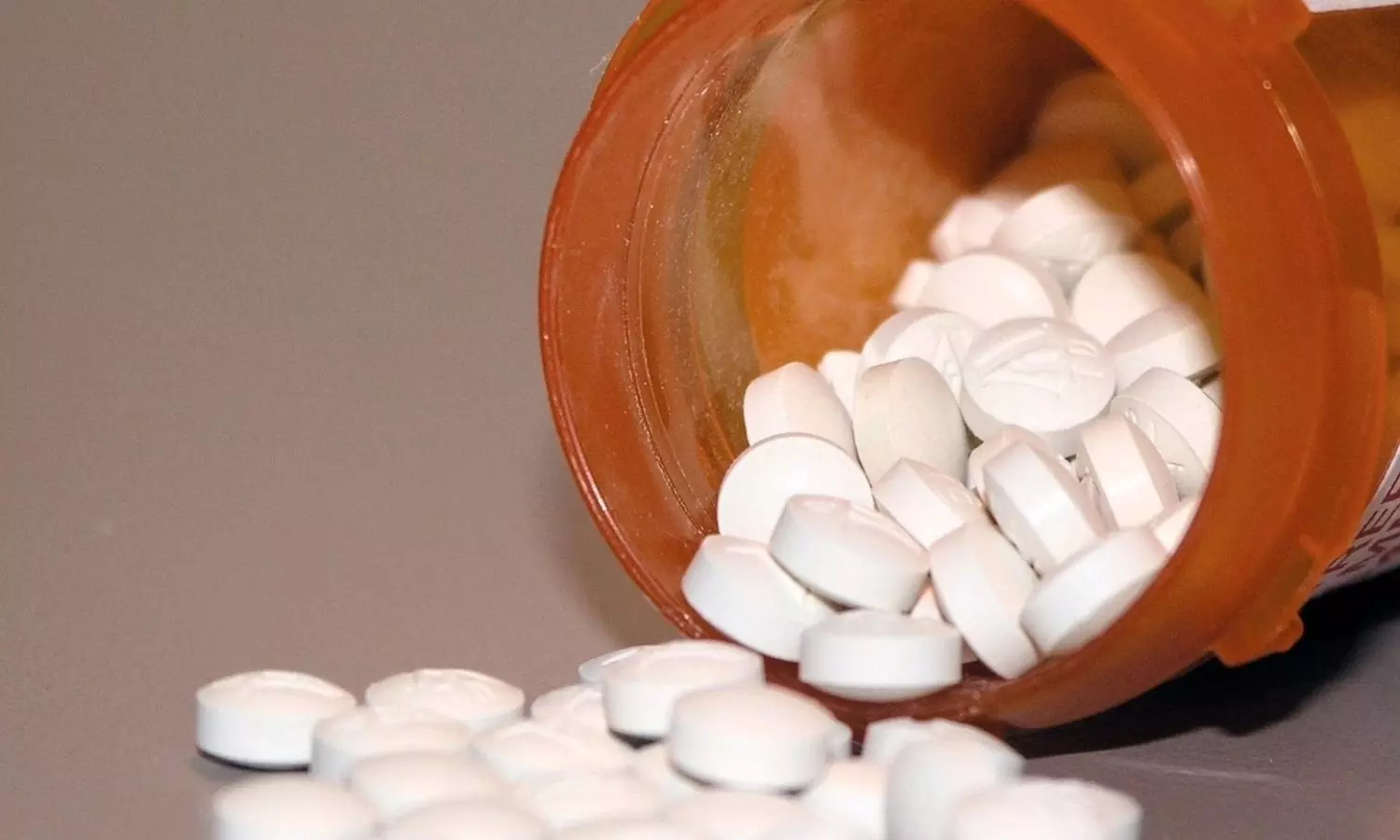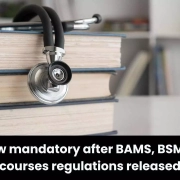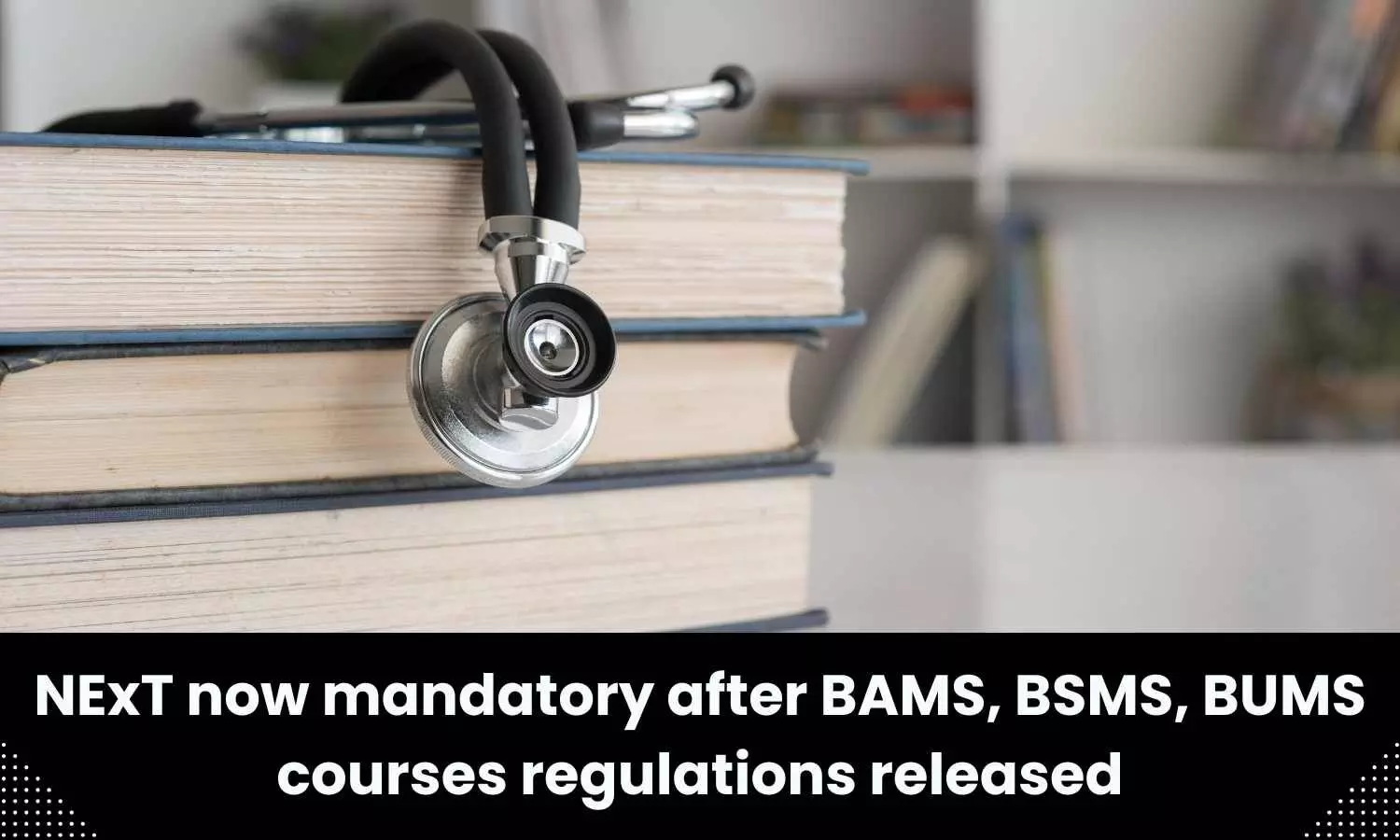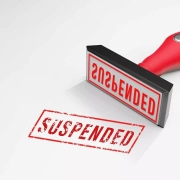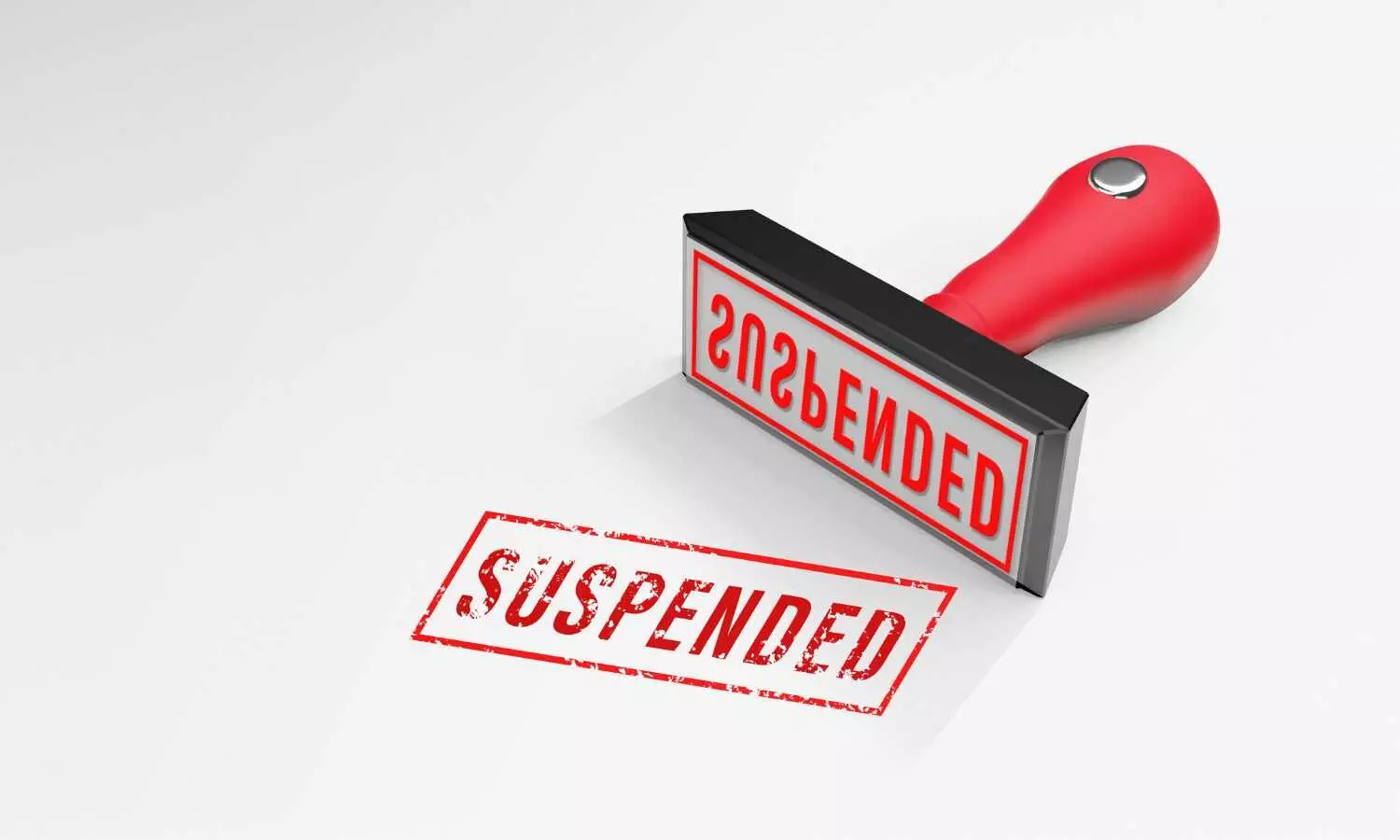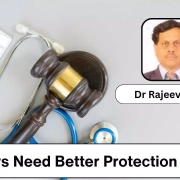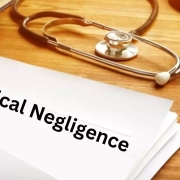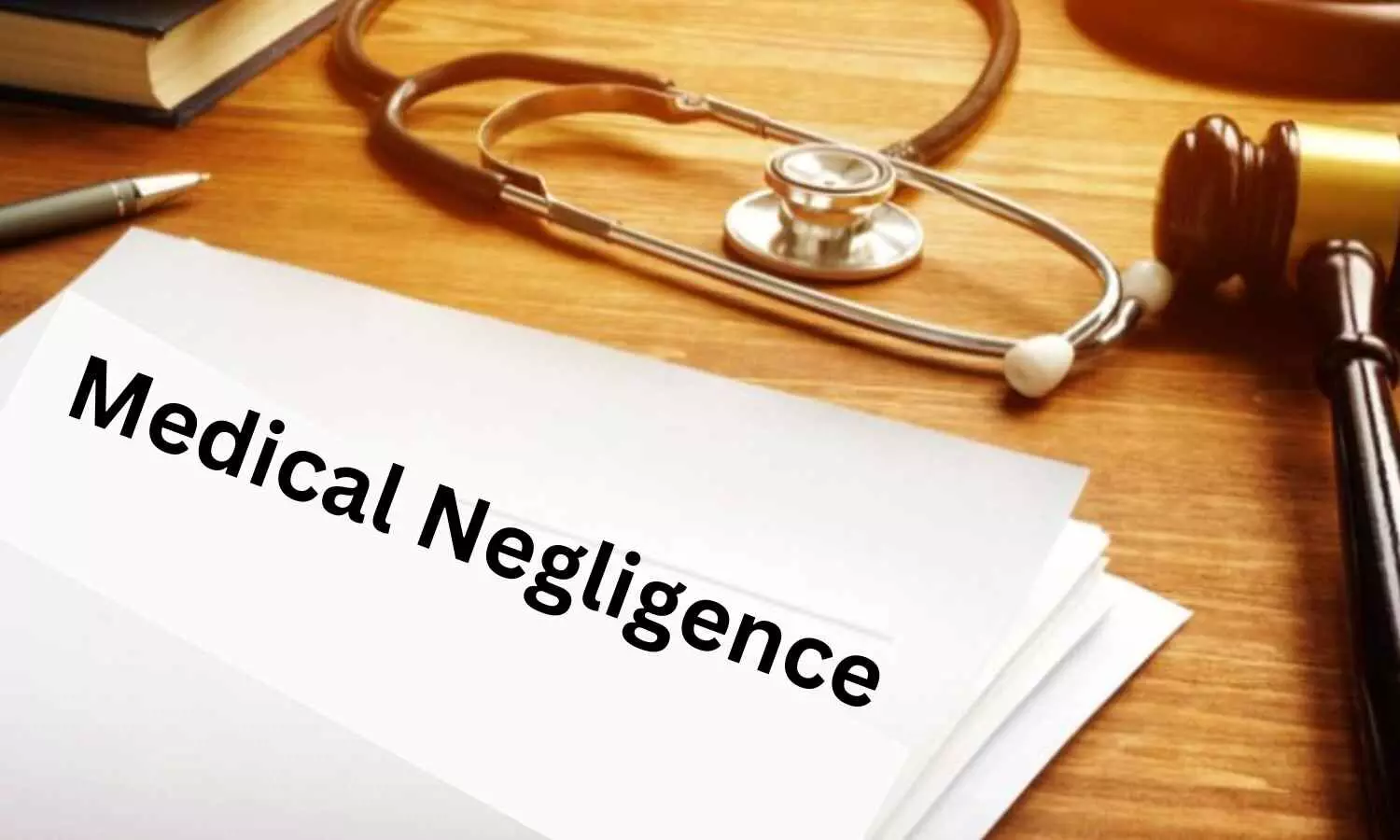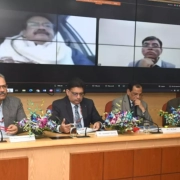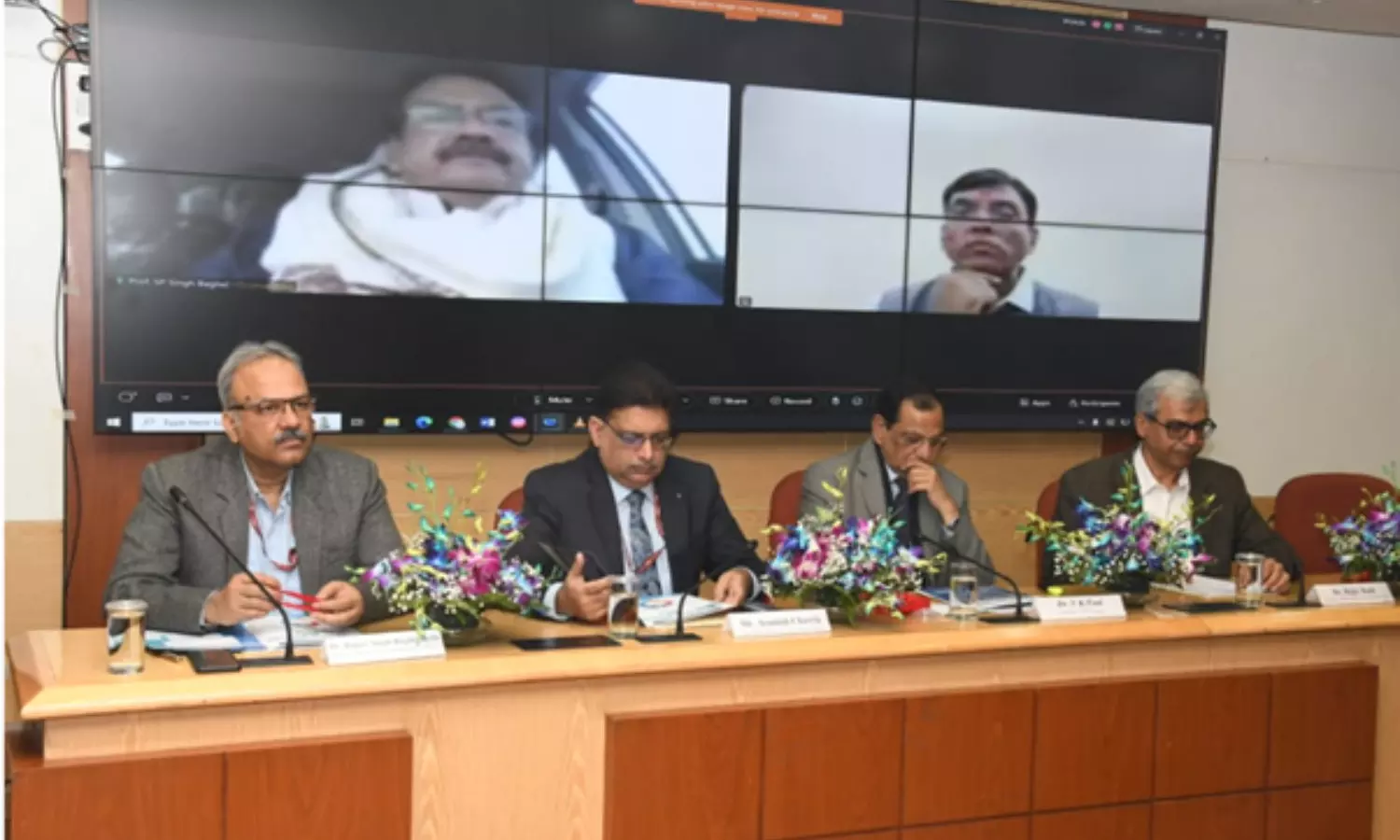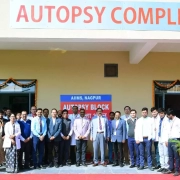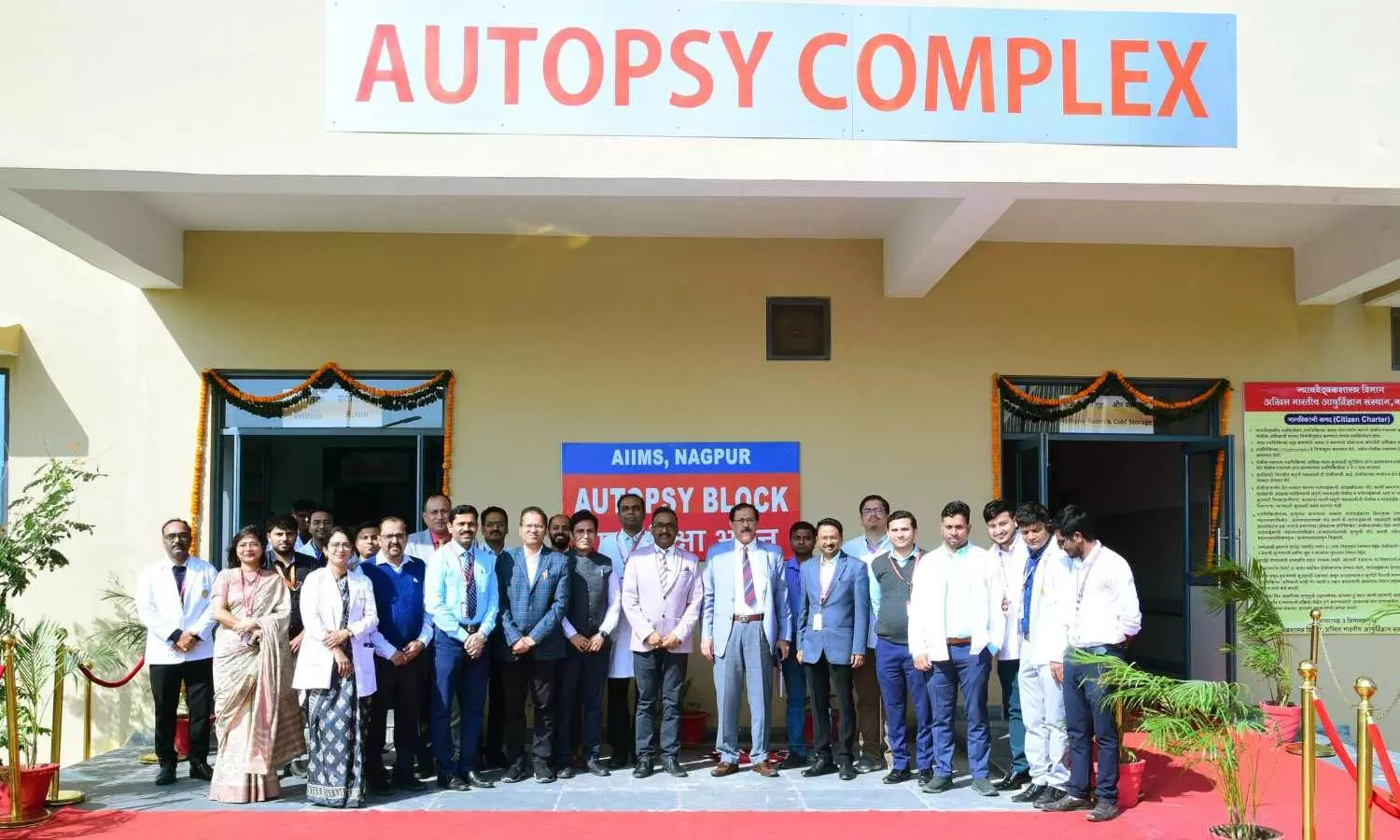
Nagpur: The long-awaited establishment of an autopsy facility at All India Institute of Medical Sciences (AIIMS), Nagpur has finally come to fulfilment, with the premier institution recently inaugurating one at the campus.
This significant progress brings a sense of relief to the bereaved families who previously had to go through the difficult process of transferring their deceased relative body to another hospital and enduring the wait for the post-mortem examination.
This state-of-the-art advanced facility at the renowned institute will now allow for post-mortem examinations to be carried out. Family members coming to the institute will no longer have to travel to the Government medical college and hospital (GMCH) for postmortem examinations of their deceased kin.
Also read- AIIMS Nagpur Becomes First AIIMS To Get NABH Accreditation, PM Modi Congratulates The Team
The new facility was inaugurated in an unprecedented event by Dr. (Prof.) M. Hanumantha Rao, Executive Director, AIIMS, Nagpur on December 19.
The Department of Forensic Medicine & Toxicology, AIIMS, Nagpur has sought permission to get post-mortem examinations. As per the approval letter medicolegal postmortem on the dead bodies in the jurisdiction of the Police station of Sonegaon, Hingana, Hingna MIDC, Beltarodi, Butibori MIDC, Buttibori, Bela will be conducted at the Autopsy Block of AIIMS Nagpur.
Dr. Manish Shrigiriwar, Professor and head of the Department of Forensic Medicine & Toxicology, extended a warm welcome to all the dignitaries by presenting them with beautiful flower bouquets. The esteemed guests included Mr Vijay Kumar Nayak (Deputy Director (Admin)), Mr B. K. Agrawal (Financial Advisor), Dr Sanjiv Choudhary (Dy. Medical Superintendent), and Dr Ganesh Dakhale (Dean Examination), who graced the occasion with their presence.
Previously, the autopsies of such deaths were conducted at Government Medical College, Nagpur, which unfortunately resulted in unavoidable delays, causing both the Police and the relatives to suffer throughout the entire process.
However, with the opening of the new facility, the post-mortem will be conducted at the premier institute putting the relatives and the police at ease. According to a TOI news report, Sonegaon, Beltarodi, MIDC, Hingna, MIDC Bori, Buti Bori and Bela police stations will now send bodies to conduct the procedure to AIIMS in Mihan.
Soon, the hospital will have two autopsy tables, cold storage for keeping eight bodies, a workstation for organ dissection, a room for performing the panchanama, a separate space for waiting relatives and a help desk for handling queries as reported by the daily.
In addition, AIIMS has ambitious plans to establish the autopsy facility as one of the finest in the country. It will feature cold storage for 80 bodies, along with a camera facility to showcase the procedures to post-graduate students at the viewers’ gallery.
Dr Harshal Thube skillfully hosted the inaugural ceremony, and the success of the program was greatly attributed to the efforts of Dr Ashok Jiwane, Dr Jayesh Dudhe, Dr Jishnu V, Dr Animesh Gupta, Dr Priyanshu Garg, Dr Avinash Kumar Anand, Mr Shobhit Kapse, Miss. Prachi, Miss. Sandhya Wani, Miss. Vaishnavi, Mr. Sanket Giri, Mr. Lokshankar Megdarat, and Mr. Ishwar Chachane.
The institute has been in communication with the state home department to obtain approval for their proposed post-mortem facility, according to TOI sources. Approximately three months ago, the state’s Medical Education and Drug Department (MEDD) inspected the ‘autopsy block’, which was followed by a visit from the city police chief, Amitesh Kumar. After receiving the police chief’s No Objection Certificate (NOC), AIIMS obtained clearance from the local gram panchayat to carry out the medico-legal procedures.
Apart from this, AIIMS Nagpur also inaugurated its “Heart Failure Clinic” on December 19 which will open every Thursday from now on. The heart failure clinic was launched in the presence of Dr Ravinulata Venkata Kumar, Professor of Cardiovascular and Thoracic Surgery; and Director and Vice-Chancellor of Sri Venkateshwara Institute of Medical Sciences (SVIMS), Tirupati.
The highly skilled cardiac team of AIIMS, Nagpur will conduct this heart failure clinic every Thursday. This team comprises cardiologists, Dr Arijit Kumar Ghosh, Dr Sagar Makode, and Dr Gunjan Godeshwar; cardiac anaesthetist Dr Omshubham Asai; and cardiac-vascular and thoracic surgeons, Dr Pravin Salunkhe, Dr Hemant Kumar Bodhankar, and Dr Frankleena Parage.
The heart failure clinic aims to deal with problems encountered by heart failure patients. This will facilitate the optimization of anti-failure medical therapy, rehabilitation, reduction of patient admission rate, and duration of hospitalization.
Also read- ICMR Designates AIIMS Nagpur As Nodal Centre For HINI Study
